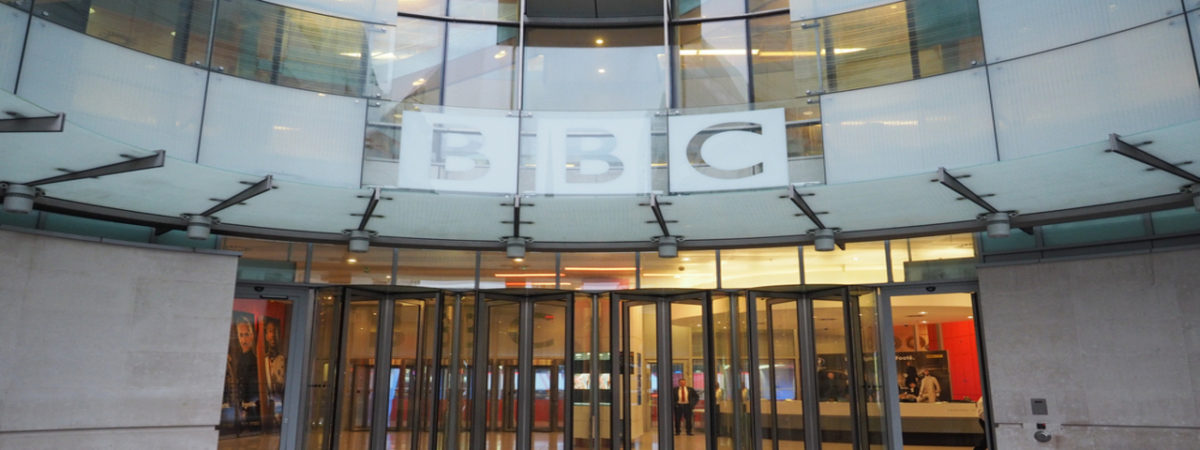Is happiness all that matters?
SUGGESTED



Wangchuckism has slowly caught on outside of the happy Kingdom. When President of France, Nicolas Sarkozy commissioned the economists Joseph Stiglitz and Amartya Sen to construct a measure of French happiness. The United Nations, World Bank, European Commission and Organisation for Economic Co-operation and Development also measure not only wealth but well-being. And here in the UK, the Office for National Statistics (ONS) measures the population’s happiness through the household survey.
The data collected from such surveys can then be used to analyse the causes of happiness. Do the things that people commonly pursue – money, status, education, marriage, and so on – actually make them happy?
In a recent book (Happy Ever After), Paul Dolan, a professor of behavioural science at the London School of Economics, shows that, on average, they do not. For example, unless you live in poverty, which is indeed a cause of misery, getting richer does not make you happier. Nor does increasing education increase happiness; nor being more successful; nor just about anything that modern Westerners seek. From this, Dolan concludes that we should place less importance on these common ambitions.
But this follows only if happiness is all that matters in life, only if these other aspirations are merely means to the ultimate goal of happiness. For each of the aspirations that he discusses, Dolan invites the reader to ask himself a question. Which do you prefer?
- Achieving the goal in question (wealth, education, etc) and often feeling miserable, or
- Not achieving the goal in question and rarely feeling miserable.
After his discussion of the goal and its relationship with happiness, he reveals what proportion of people (independently surveyed) prefer the goal to happiness. It ranges from 10% to 60%, depending on the goal.
This shows that happiness is not everyone’s ultimate goal. Some people are willing to trade happiness for other things they value, such as money or success or … what-have-you.
Dolan and the other Wangchuckers may think that these people are making a mistake. They ought to value nothing except happiness. But what kind of mistake is it? How will Dolan show that someone willing to trade happiness for success is making a mistake? He does not even attempt answer this question in his book.
Wangchuckism is a deviation from standard welfare economics. It analyses welfare or well-being (as it is sometimes called) as happiness. An outcome increases welfare if it makes you happier. And the greater the happiness, the better the outcome. Standard welfare economics instead analyses welfare in terms of people’s preferences, whatever they are.
Suppose you prefer apples to oranges. You would be willing to pay £1 for an apple but only 50p for an orange. If you are given your fruit – that is, you pay nothing for it – then you are better off getting an apple than an orange. To be precise, your “consumer’s surplus” from getting a free apple is £1 – this being the difference between what you would be willing to pay for it and what you actually paid for it – and 50p when you get a free orange.
Standard welfare economics thus makes each individual the arbiter of value for himself. It is your willing ness to pay for something (combined with what it actually costs you) that determines the welfare it provides you. Welfare economics itself has nothing to say about what you should or should not want and how much you should be willing to pay for it. Someone who took this view of welfare, and who wanted to maximise welfare, would be inclined to let people make decisions for themselves. When acting on their own preferences, they will maximise their welfare.
By contrast, Wangchuckers see people as acting against their own interests whenever they put something ahead of happiness. So they will be more inclined to coerce people to act against their own inclinations. They will see this coercion as helping people to overcome preferences that they should not have, to live in a way that will make them happy even if it is not the way they would otherwise choose to live. And, indeed, Dolan and other Wangchuckers, recommend using taxes and other uses of state power to make people lead happier lives.
Parents often tell their children that they do not mind what they do, so long as it makes them happy. Alas, Wangchuckers do mind what you do, because they think they know what will make you happy, and they believe that happiness is all that matters.
This article was first published in the Spring 2019 issue of EA Magazine.
1 thought on “Is happiness all that matters?”
Comments are closed.





Perhaps”contentment” would be a better word to use than “happiness”? I think you’d get fewer people prefering achieving the goal, to contentment. I often think about this. Often, people have no choice but to put other things, often involving needing more money, ahead of contentment. You can find out, to a certain extent, how much money you would need for contentment, were things a little different. I’m fairly well off, but recently, due to economic and population growth and high population density, I can’t be sure of getting a seat on my morning train, which causes me stress and discomfort. For getting rid of that, I’d accept a £30 drop in monthly income, maybe more. For walking out of the house and not caring about strong locks and open windows, maybe £10. For getting decent neighbours another £10. For other people, it would be traffic jams – maybe £50, peace and quiet for a good night’s sleep, maybe £50 or more.